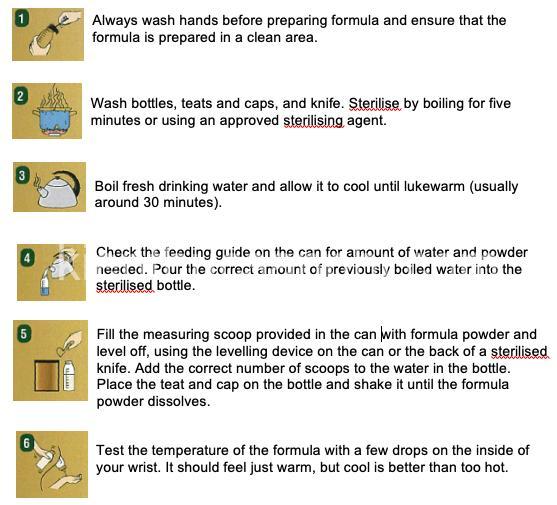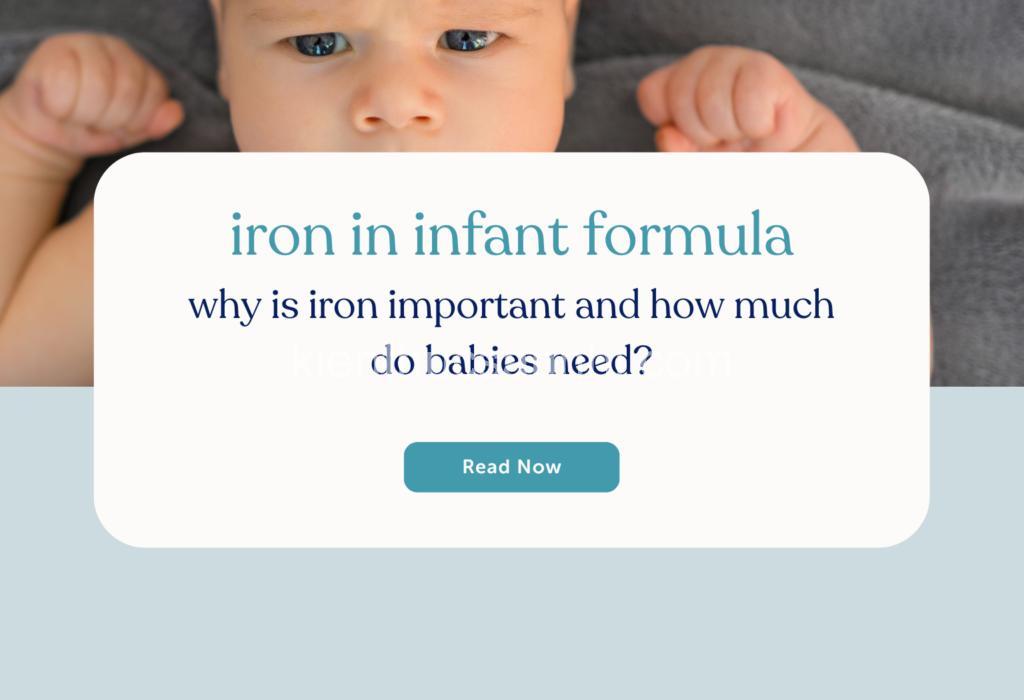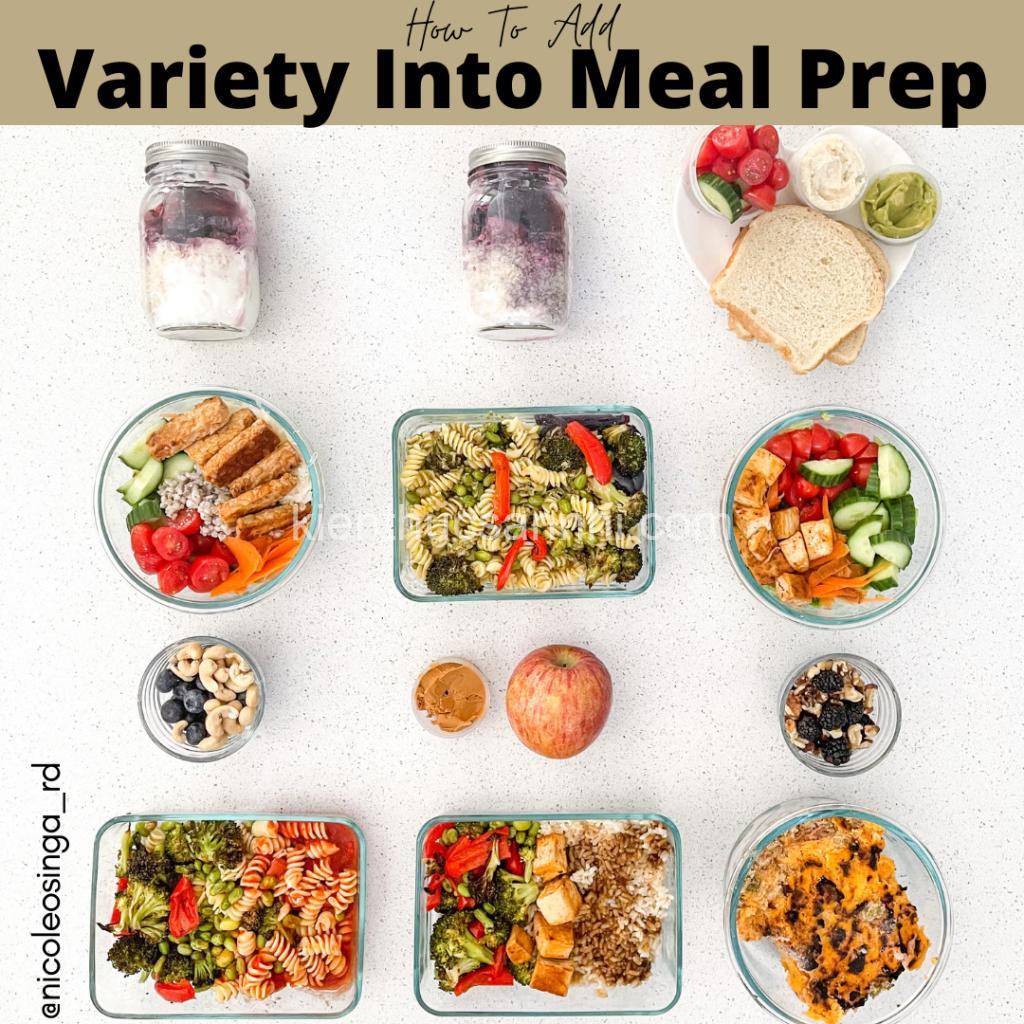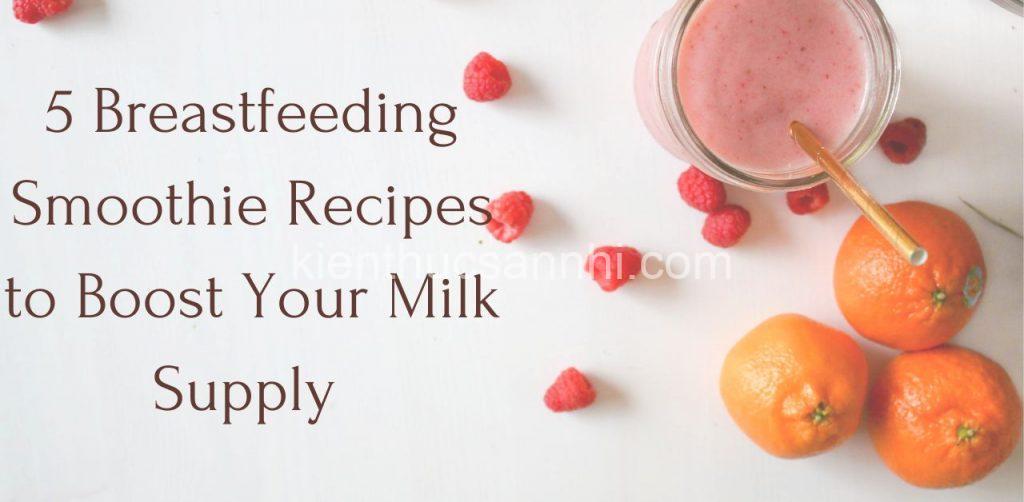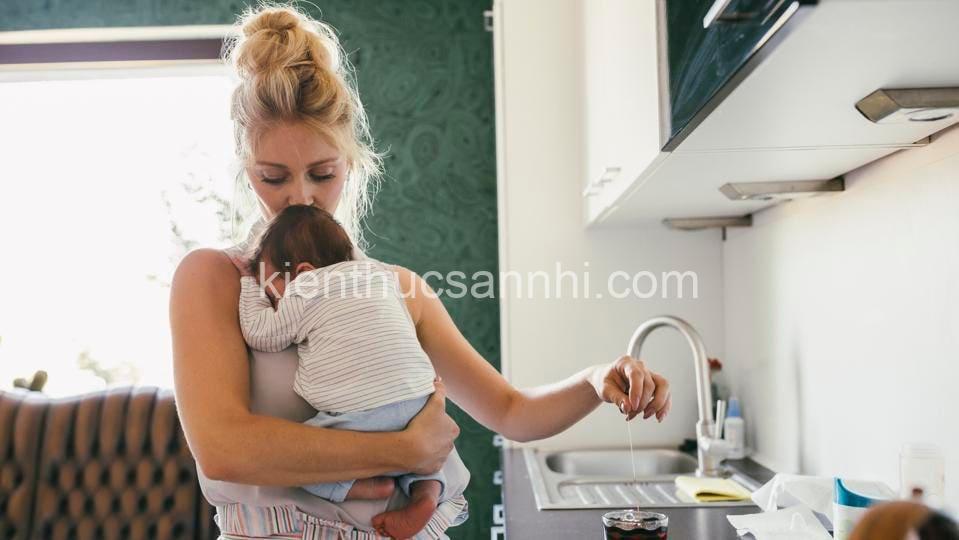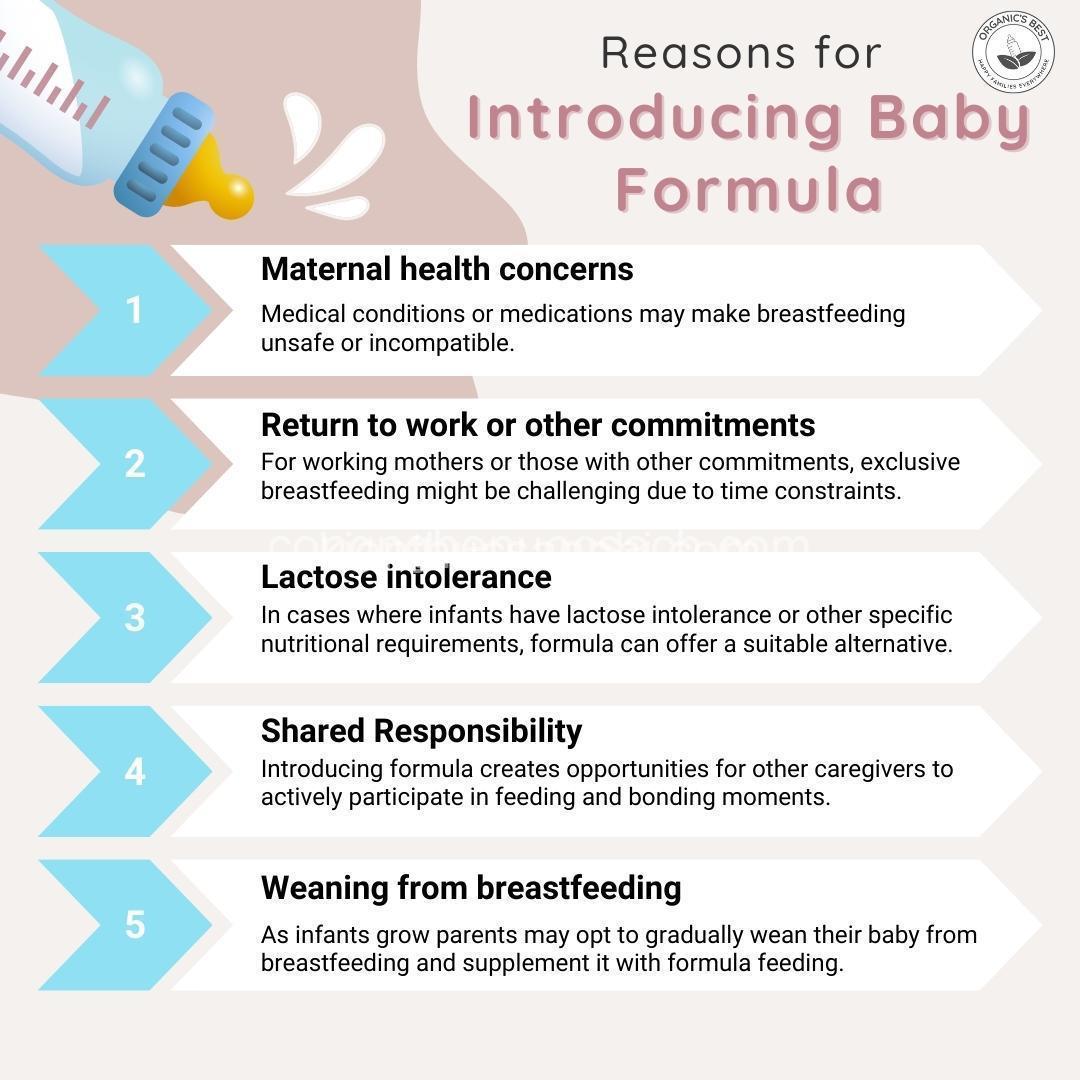
Formula Feeding Hacks: Time-Saving Tips for Busy Parents. In today’s article, kienthucsannhi.com will explore with you in the most detailed and complete way. See now!
Streamline Your Formula Prep for Time-Saving Convenience
Formula feeding doesn’t have to feel like a constant race against the clock. With a few clever strategies and helpful products, you can significantly streamline your formula prep and reclaim precious time for other things.
Pre-measured Formula
Pre-measured formula is a game-changer for busy parents. Instead of meticulously scooping out each serving, pre-measured options offer a quick and easy solution.
- Single-Serve Pouches: These convenient pouches contain a precise amount of formula, ready to mix with water. They are perfect for on-the-go feeding, travel, or even just a quick snack.
- Pre-Filled Bottles: Available for various ages, these bottles come pre-filled with formula, eliminating the need for measuring and mixing. They are a fantastic time-saver, especially when you’re rushing to get out the door.
- Pre-Measured Scoops: While not as convenient as pouches or pre-filled bottles, pre-measured scoops are a great option for those who prefer traditional formula preparation. They help reduce errors and save time during the mixing process.
However, consider potential drawbacks such as cost and environmental impact. Pre-measured options can be pricier than traditional formula, and they often come with individual packaging, leading to more waste.
Formula Dispensers
Formula dispensers are another great way to make formula preparation more efficient. They allow you to pre-measure and store formula, making it easy to create a quick bottle whenever your little one needs it.
- Single-Serve Dispensers: These small dispensers are perfect for carrying with you on outings or storing in your diaper bag. They typically hold enough formula for one or two bottles.
- Multi-Serve Dispensers: Larger dispensers are ideal for home use and can hold multiple servings of formula, allowing you to prepare several bottles ahead of time.
When choosing a formula dispenser, consider factors like size, portability, and ease of cleaning. Look for dispensers with a convenient design that makes it easy to fill, measure, and clean.
Water Heater/Warmer
A water heater or warmer is an essential tool for quickly and safely preparing formula. These devices heat water to the ideal temperature for mixing with formula, eliminating the need to wait for water to boil on the stovetop.
- Stand-Alone Water Heaters/Warmers: These devices are dedicated to heating water and may have features like adjustable temperature settings, automatic shut-off, and timer functions.
- Integrated Water Heaters/Warmers: Some bottle warmers have a built-in water heater, making it a single device for both heating water and warming formula.
Always ensure that the water heater or warmer heats water to the correct temperature. Following safety recommendations is crucial to prevent burns and ensure your baby’s well-being.

Make Feeding Time Easier with Efficient Tools and Techniques
Once you’ve mastered the art of formula preparation, it’s time to focus on making feeding time as smooth and enjoyable as possible. There are various products and strategies to simplify this process.
Bottles and Nipples
Choosing the right bottles and nipples is crucial for a comfortable and positive feeding experience. The right bottle can make a huge difference in how easily your baby latches on, feeds, and digests.
- Wide Openings: Look for bottles with wide openings, as they make it easier to fill, clean, and sterilize. They also reduce the risk of spilling during mixing.
- Leak-Proof Designs: A leak-proof design is a must, especially for active babies who might move around during feeding.
- Different Flow Rates: Consider different flow rates, especially as your baby grows and their feeding needs change. Nipples with slower flow rates are suitable for newborns, while faster flow rates can be helpful for older babies.
Portable Bottle Warmers
A portable bottle warmer is a lifesaver when you’re on the go. They allow you to warm formula bottles quickly and easily, even when you’re away from home.
- Car Adapter Warmers: These warmers plug into your car’s cigarette lighter, providing a convenient way to warm formula bottles during car trips.
- Battery-Powered Warmers: Battery-powered warmers are perfect for travel and outings where you don’t have access to an outlet.
When choosing a portable bottle warmer, prioritize ease of use, size, and heating time. Look for warmers that are lightweight and easy to pack, and those that heat formula efficiently without requiring long waiting times.
On-the-Go Feeding Solutions
Being prepared is key to successful feeding, especially when you’re out and about.
- Dedicated Diaper Bag or Tote: Having a designated diaper bag or tote for formula, bottles, and other essentials makes it easier to grab everything you need before heading out.
- Bottle Warmer Bag: A bottle warmer bag is an excellent way to keep formula warm for longer periods. It acts like an insulated container, maintaining the temperature of the bottle for up to a few hours.
- Pre-Made Formula Bottles or Pouches: Pre-made formula bottles or pouches can be a great alternative to on-the-go formula preparation. They are already mixed and ready to feed, saving you time and effort.
Organization, Planning, and Support for a Smoother Formula Feeding Journey
Beyond the essential products, creating a structured routine can make a significant difference in your formula feeding experience.
Formula Storage
Storing formula correctly is crucial to maintain its quality and freshness.
- Airtight Containers: Use airtight containers to prevent moisture and air from spoiling the formula.
- Refrigerator Storage: Keep opened formula containers in the refrigerator and use them within a few days, as recommended by the manufacturer.
- Freezer Storage: Some formulas can be frozen for longer storage. Always check the manufacturer’s instructions for proper freezing techniques and recommended shelf life.
Organization and Planning
- Dedicated Space: Create a designated space for formula, bottles, and related supplies. This helps keep everything organized and easily accessible.
- Plan Ahead: Planning ahead for feeding times, especially for outings or busy schedules, can prevent last-minute scrambling and ensure you have everything you need.
Seeking Support
Remember that formula feeding can be a challenging process, especially when you’re juggling other responsibilities.
- Partners, Family Members, or Other Parents: Don’t hesitate to seek support from your partner, family members, or other parents who have experience with formula feeding.
- Online Communities: There are numerous online communities and forums dedicated to formula feeding. These spaces can be invaluable for sharing tips, advice, and support with other parents.
Finding the Right Formula for Your Family
Finding the right formula for your baby is essential. With so many options available, it’s important to understand the different types of formula and key factors to consider.
Formula Types
- Powdered Formula: This is the most common type of formula. It needs to be mixed with water before feeding. It’s generally the most affordable option.
- Ready-to-Feed Formula: This formula is pre-mixed and ready to use right from the bottle. It’s the most convenient but also the most expensive.
- Concentrated Formula: This formula is more concentrated and needs to be diluted with water. It’s a good option if you need to travel with formula.
Formula Brands
Numerous formula brands are available on the market. Consider factors like nutritional content, ingredient list, and potential allergies when choosing a brand. Consult your pediatrician for personalized recommendations.
Frequently Asked Questions About Formula Feeding
How do I know if my baby is getting enough formula?
- Watch for signs of satisfaction: Your baby should appear content after feeding and should not seem overly hungry.
- Monitor weight gain: Your pediatrician will track your baby’s weight gain to ensure they are growing appropriately.
- Follow feeding guidelines: Consult your pediatrician for specific feeding recommendations based on your baby’s age.
What are the best ways to prevent gas and spit-up when formula feeding?
- Burp frequently: Burping your baby during and after feeding helps release trapped air, which can reduce gas and spit-up.
- Avoid overfeeding: Give your baby smaller, more frequent feeds to reduce the risk of overfeeding and subsequent discomfort.
- Try different bottles or nipples: Experimenting with different bottles and nipples can help determine what works best for your baby.
Is it okay to mix different formula brands?
- It’s generally not recommended to mix different formula brands without consulting your pediatrician. Mixing different formulas can lead to inconsistent nutritional content and potentially cause digestive issues.
How often should I change my baby’s formula?
- You should only change your baby’s formula if your pediatrician recommends it or if your baby is experiencing digestive issues.
Resources for Convenient Formula Feeding
Navigating the world of formula feeding can be overwhelming, but you don’t have to go it alone. There are numerous resources available to provide support, guidance, and helpful information.
Online Formula Feeding Communities
- Join online forums and groups for parents who formula feed. These communities offer a safe space to connect with other parents, share experiences, and ask questions.
Parenting Blogs and Websites
- Explore reputable parenting blogs and websites dedicated to formula feeding. These sources provide valuable information, tips, and product recommendations.
Baby Gear Retailers
- Visit online and brick-and-mortar baby gear retailers. They offer a wide range of formula feeding products, including bottles, nipples, formula dispensers, and bottle warmers.
Pediatrician and Healthcare Professionals
- Your pediatrician is your most valuable resource for personalized advice and guidance on formula feeding. They can provide recommendations based on your baby’s specific needs and health.
Conclusion
Formula feeding can be a fulfilling and rewarding experience for parents. By utilizing these time-saving hacks, efficient tools, and helpful resources, you can create a smoother and more convenient formula feeding journey. Remember, consistency and planning can make a significant difference. If you’re feeling overwhelmed, don’t hesitate to reach out to your pediatrician or connect with other parents for support.
Don’t forget to check out kienthucsannhi.com for more informative articles on parenting and animal care. Let me know your thoughts and experiences in the comments below!
